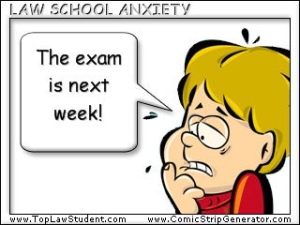The Law Library Blog at Stanford’s Robert Crown Law Library reports that researchers can get around the 8 cents per page that Congress allows the federal courts to charge for printing documents in the PACER database. Princeton University’s Center for Information Technology Policy has developed a Firefox plug-in called RECAP (PACER spelled backward) designed to make more court documents available to the public at no cost. Users who want to install RECAP must use Firefox.
“RECAP helps users exercise their rights under copyright law, which expressly places government works in the public domain. It also helps users advance the public good by contributing to an extensive and freely available archive of public court documents,” Harlan Yu, a Princeton graduate student, said in a blog post marking the public beta release.
It is possible that if RECAP becomes successful and PACER loses revenue, the federal courts could move to ban it. Until then, RECAP is a cost effective research tool. Another potential problem is that the RECAP developers plan to make the source code available so that it may be easy to seed the Internet Archive with “official court documents” that had been modified in some way.
The way it works is simple: when you log in to the federal court system and pay with a credit card to download a document, the RECAP plug-in automatically and transparently forwards a copy to the Internet Archive, where it becomes available for free to the next person who wants to read it. See the video Watch RECAP in Action.
The effort is a collaborative one, with others benefiting from your purchases, while you benefit from theirs. For more information on RECAP see Erika Wayne’s article More than One Document a Minute.


 The BLS Library has in its collection several items on the subject of animal rights including
The BLS Library has in its collection several items on the subject of animal rights including  The Brooklyn Law School Library has this recent item on the topic,
The Brooklyn Law School Library has this recent item on the topic, 